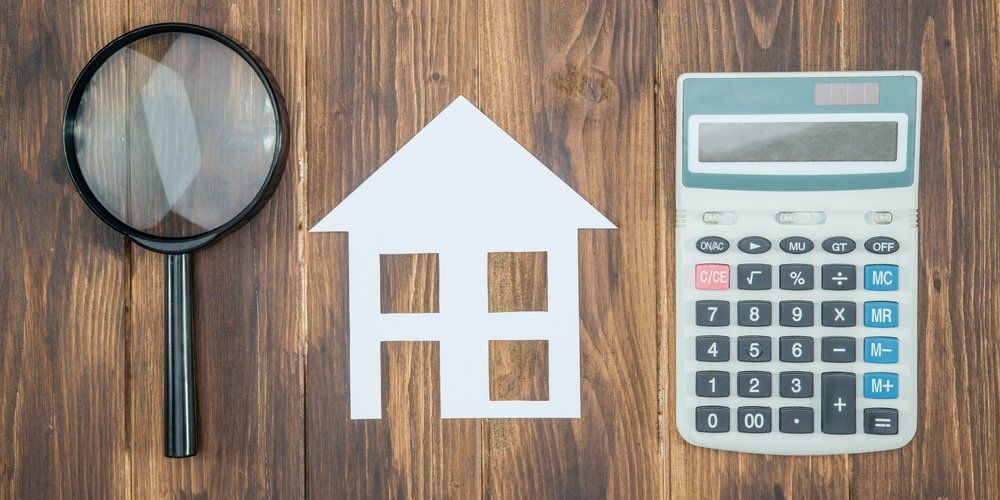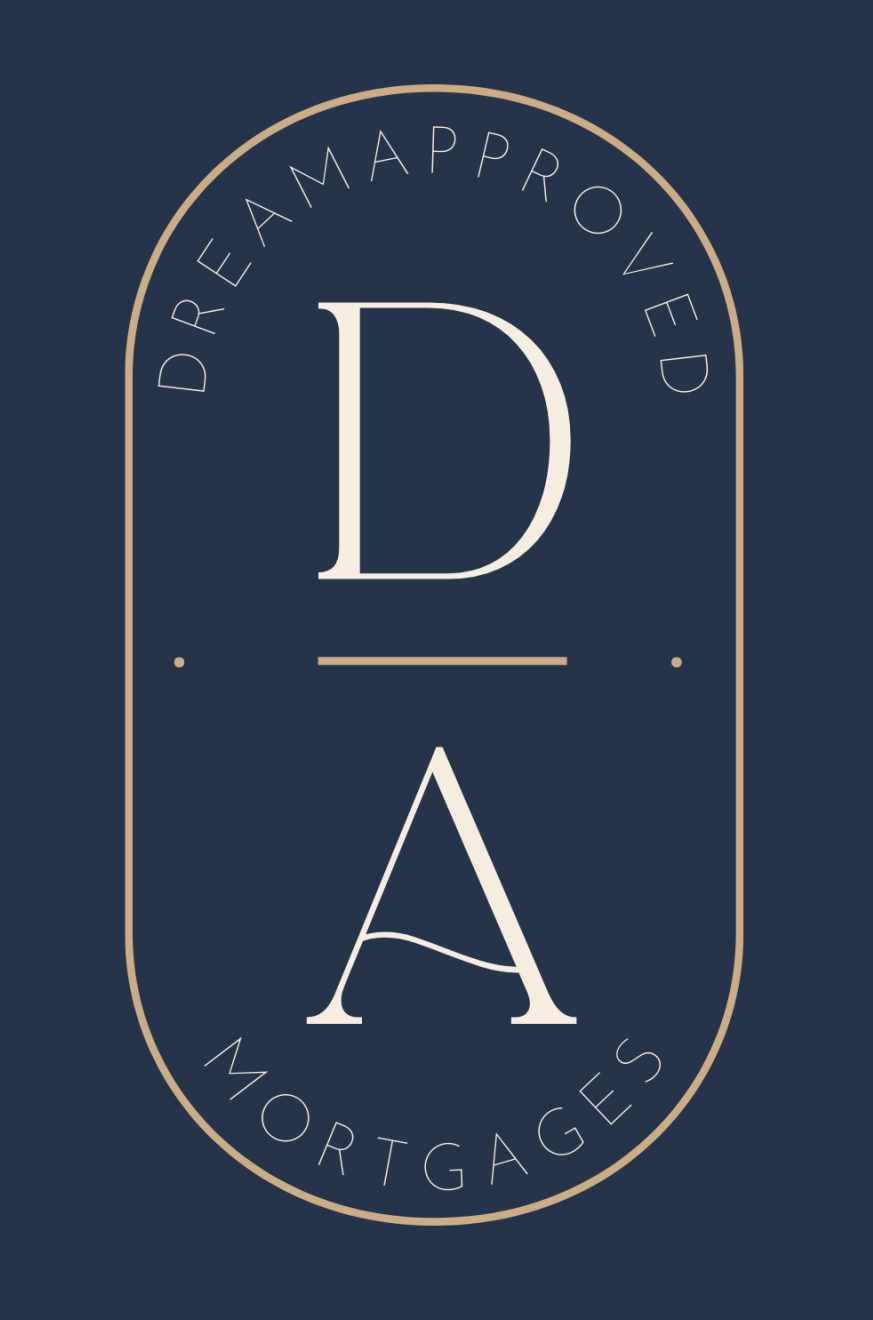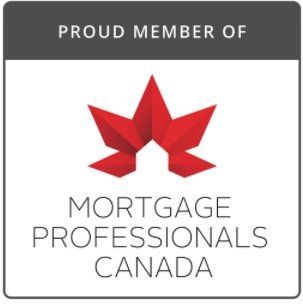By Denise Carroll-McLean
•
March 19, 2020
Have you ever wondered about how to protect yourself from mortgage fraud? Although the chances of you becoming a victim of mortgage fraud is relatively small, if you do become a victim, it will certainly have a long lasting negative impact on your life. So best to be aware of the warning signs. So here's some information from the Government of Canada provided through the Canadian Mortgage and Housing Corporation that outlines mortgage fraud, and what you can do to protect yourself. How to Protect Yourself When Purchasing or Refinancing a Home Beware of promises of "easy money" in real estate. Consumers who knowingly misrepresent information when buying or refinancing a home are committing mortgage fraud. What is Mortgage Fraud? Mortgage fraud occurs when someone deliberately misrepresents information to obtain mortgage financing that would not have been granted if the truth had been known. This can include: Misstating your position or inflating your income or length of service at your job. Stating you are a salaried/full time employee when you are a contract, part time, hourly or commission-based employee or are self-employed. Misrepresenting the amount and/or source of your down payment. Purchasing a rental property and misrepresenting it as owner-occupied. Not disclosing existing mortgage and/or debt obligations. Misrepresenting property details or omitting information in order to inflate the property value. Adding co-borrowers who will not be residing in the home and do not intend to take responsibility for the mortgage. Another common form of fraud is when a con artist convinces someone with good credit to act as a "straw buyer". A straw buyer is someone who agrees to put his or her name on a mortgage application on behalf of another person. In return for their participation, straw buyers may be offered cash or promised high returns when the property is sold. Often, straw buyers are deceived into believing they will not be responsible for the mortgage payments. Consequences of Misrepresentation Borrowers who misrepresent information and straw buyers who allow a property to be purchased in their name are committing mortgage fraud and will be liable for any financial shortfall in the event of default. They may also be held criminally responsible for their misrepresentation. What Can You Do to Protect Yourself? To protect yourself and your family from becoming victims of, or accomplices to mortgage fraud, be an informed consumer. This means: Never deliberately misrepresent information when applying for a mortgage. Never accept money, guarantee a loan or add your name to a mortgage unless you fully intend to purchase the property. If you allow your personal information to be used for a mortgage, even for a brief period, you could be held responsible for the entire debt even after the property is sold. Always know who you are doing business with. Use licensed or accredited mortgage and real estate professionals. Never sign legal documents without reading them thoroughly and being sure you understand them. If uncertain, obtain a second legal opinion or, if necessary, the services of a translator. Get independent legal advice from your own lawyer / notary. Talk to your lawyer / notary about title insurance and other alternative methods of protection. Your lawyer will advise you if anyone other than the seller has a financial interest in the home or if there are any outstanding liens or tax arrears. Contact the local provincial Land Titles Office to obtain the sales history of any property you are thinking about buying, and consider having it inspected and appraised. An accredited appraiser will provide the property sales and MLS history. If a deposit is required, make sure the funds are payable to and held "in trust" by the vendor's realty company or a lawyer / notary. Be wary of anyone who approaches you with an offer to make "easy money" in real estate. Remember: if a deal sounds too good to be true, it probably is. There are also simple steps you can take to protect yourself from another common form of fraud: identity theft. These include: Never give out your personal information until you know who you are dealing with and how your information will be used. This includes requests for information in person, by mail, or over the phone or Internet. Never reply to e-mails or phone calls that ask for your banking information, credit card details, passwords or other personal or sensitive information, particularly if you did not initiate the exchange. Review your mail, bank statements and other financial statements on a regular basis to look for any inconsistencies. If you do not receive a bill on time, follow up with your creditors or service providers. You may also wish to contact your local Postal Outlet to ensure your mail has not been held or re-routed. Shred or destroy all personal and financial documents before you throw them away. Obtain and verify your credit report at least annually by contacting Canada's two credit-reporting agencies: Equifax Canada at www.equifax.ca and TransUnion Canada at www.transunion.ca. Reporting Fraud If you suspect that you or someone you know has been the victim of mortgage fraud, please contact your local police department or The Canadian Anti-Fraud Centre. On-line: www.antifraudcentre-centreantifraude.ca Toll Free: 1-888-495-8501 Toll Free Fax: 1-888-654-9426 To find out more about mortgage fraud, visit the fraud prevention section of the Canadian Association of Accredited Mortgage Professionals (CAAMP) website at http://mortgageconsumer.org/protect-yourself-from-real-estate-fraud. Fraud Brochure_2 2 This article was originally published on the CMHC website here.









